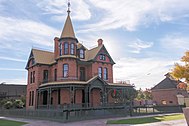Electrician in Fredonia
Electrician Fredonia
The cost of working with a licensed electrician varies greatly. A simple outlet installation might cost only a few dollars, while a new switch installation will cost around $150-$250 for the first hour. Some electricians will charge a no-show/no-call fee, which covers the cost of the travel. If you're considering hiring an electrician for an electrical project, it's advisable to compare rates before hiring.

Electricians Fredonia
The liability insurance policy of an electrical contractor protects the electrician and the property. The policy covers all types of accidents, including serious ones. Additionally, the policy covers customers who may sustain injuries or damage while they are paying for an electrician. This type of coverage is essential for property owners. An insured electrician will offer excellent service and will cover risks related to faulty wiring.
Electrician in Fredonia
An electrician's job description should include a description of the company and highlight the advantages of working for that company. You should mention your potential to grow, the ability to work with state of the art equipment, as well as the opportunities for advancement. A combination of education and work experience is required to be qualified as an electrician. You will need to have a high-school diploma, four years of work in the classroom or field at an approved technical college, and six years' experience as a maintenance/construction electrician. Your job duties will include working with architects and electricians, as well as safety concerns.
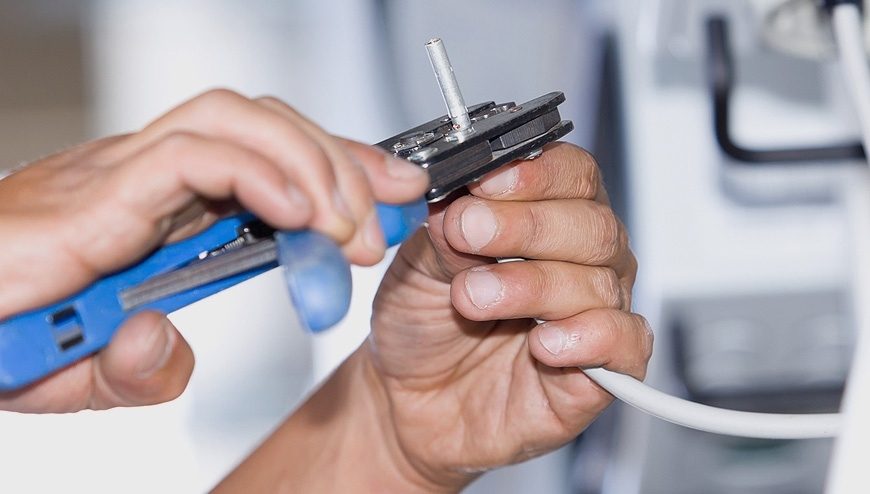
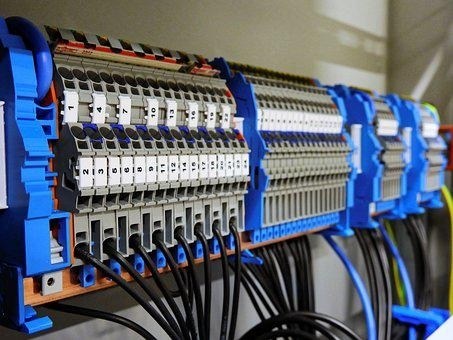
Electricians Fredonia
NECA (National Electrical Contractors Association) is a national organisation that represents the interests electrical contractors. The International Brotherhood of Electrical Workers has been the organization's partner. It works with them to establish a peaceful dispute resolution process, better standards of work and a skilled workforce. The organization promotes public policy that benefits all members including electrical contractors. Here are a few reasons to become a member.
Fredonia Electrician
The National Electrical Code requires an electrician to have completed at least two years on-the-job training in order to earn his or her master license. The apprenticeship program takes about four to five year and applicants must be at the age of 18 in order to qualify. Apprentices must have passed an aptitude and high school algebra exam. Apprentices must pass a drug and alcohol screening. Apprentices who are hired before they become fully licensed must pass a criminal background and undergo drug and alcohol testing.
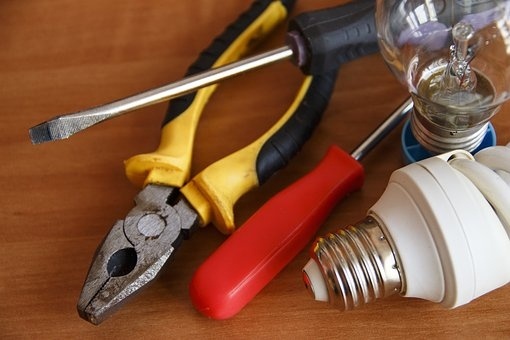
Electrician Fredonia AZ
If you're considering selling your house, you should have an electrical inspection. What exactly is a "home electrical inspection"? What does it involve and are the costs worth it? This article will help you understand all the benefits associated with having an electrical inspection of your home. Continue reading for additional information. It's also important that you get one before you are ready to sell your house.
Electricians Fredonia Arizona
While looking for an electrician, make sure that the one you're hiring has a license. This will give you peace of mind knowing that they are trained to handle your project, and that they are professional in all aspects. Ask about their education and experience, and if they've done similar work to yours. Ask for references, and follow up on them thoroughly. If you're unsure, ask for a portfolio of previous work.
Electrician in Fredonia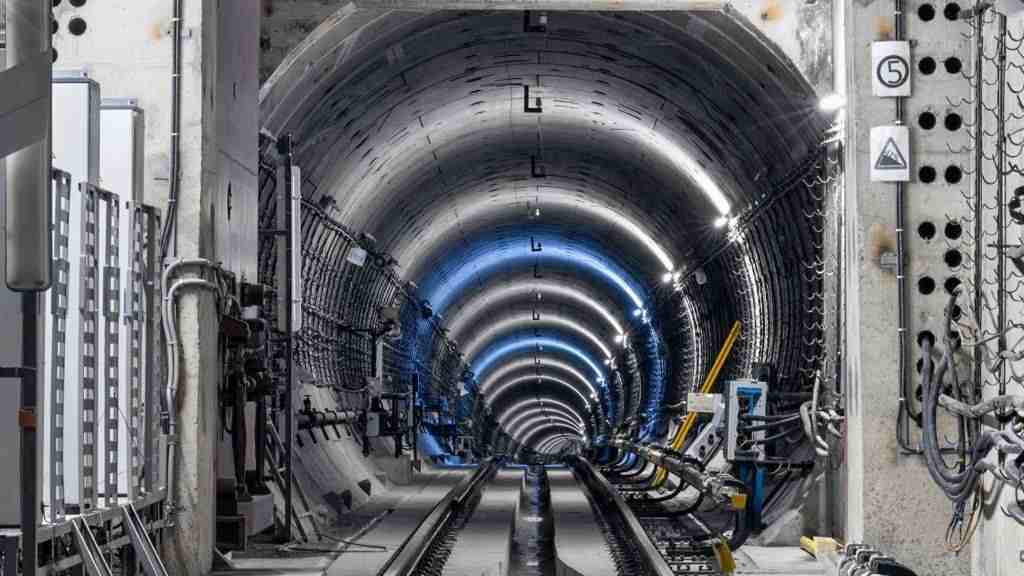
About Phoenix AZ
Phoenix, Arizona
|
Phoenix, Arizona
|
|
|---|---|
| City of Phoenix | |
|
Clockwise, from the top: Downtown Phoenix, St. Mary's Basilica, Rosson House, Mystery Castle, Camelback Mountain, Arizona State Capitol, Arizona Science Center, Chase Tower, and the Papago Park
|
|
|
|
|
| Nickname(s):
"Valley of the Sun", "The Valley"
|
|

Interactive map of Phoenix
|
|
Coordinates:  33°26′54″N 112°04′26″WCoordinates: 33°26′54″N 112°04′26″WCoordinates:  33°26′54″N 112°04′26″W 33°26′54″N 112°04′26″W |
|
| Country | United States |
| State | Arizona |
| County | Maricopa |
| Settled | 1867 |
| Incorporated | February 25, 1881 |
| Founded by | Jack Swilling |
| Named for | Phoenix, mythical creature |
| Government | |
| • Type | Council-Manager |
| • Body | Phoenix City Council |
| • Mayor | Kate Gallego (D) |
| Area | |
| • State Capital | 519.28 sq mi (1,344.94 km2) |
| • Land | 518.27 sq mi (1,342.30 km2) |
| • Water | 1.02 sq mi (2.63 km2) |
| Elevation | 1,086 ft (331 m) |
| Population
(2020)
|
|
| • State Capital | 1,608,139 |
| • Estimate
(2021)[3]
|
1,624,569 |
| • Rank | 5th in the United States 1st in Arizona |
| • Density | 3,102.92/sq mi (1,198.04/km2) |
| • Metro | 4,845,832 (11th) |
| Demonym | Phoenician |
| Time zone | UTC−07:00 (MST (no DST)) |
| ZIP Codes |
85001–85099
|
| Area codes | |
| FIPS code | 04-55000 |
| GNIS ID(s) | 44784, 2411414 |
| Major airport | Phoenix Sky Harbor International Airport |
| Secondary Airports | Deer Valley Airport Phoenix–Mesa Gateway Airport |
| Interstates | |
| U.S. Highways | |
| State Routes | |
| Public transportation | Valley Metro |
| Website | www |
Phoenix (/ˈfiːnɪks/ FEE-niks; Navajo: Hoozdo; Spanish: Fénix or Fínix,[citation needed] Walapai: Banyà:nyuwá[5]) is the capital and most populous city of the U.S. state of Arizona, with 1,608,139 residents as of 2020.[6] It is the fifth-most populous city in the United States,[7] and one of only two U.S. state capitals with a population of more than one million residents, along with Austin, Texas.[8][9][10]
Phoenix is the anchor of the Phoenix metropolitan area, also known as the Valley of the Sun, which in turn is part of the Salt River Valley. The metropolitan area is the 11th largest by population in the United States, with approximately 4.85 million people as of 2020.[9] Phoenix, the seat of Maricopa County, has the largest area of all cities in Arizona, with an area of 517.9 square miles (1,341 km2), and is also the 11th largest city by area in the United States.[11] It is the largest metropolitan area, both by population and size, of the Arizona Sun Corridor megaregion.
Phoenix was settled in 1867 as an agricultural community near the confluence of the Salt and Gila Rivers and was incorporated as a city in 1881. It became the capital of Arizona Territory in 1889.[12] It is in the northeastern reaches of the Sonoran Desert and has a hot desert climate.[13][14] Despite this, its canal system led to a thriving farming community with the original settlers' crops remaining important parts of the Phoenix economy for decades, such as alfalfa, cotton, citrus, and hay.[15][16] Cotton, cattle, citrus, climate, and copper were known locally as the "Five C's" anchoring Phoenix's economy. These remained the driving forces of the city until after World War II, when high-tech companies began to move into the valley and air conditioning made Phoenix's hot summers more bearable.[17]
The city averaged a four percent annual population growth rate over a 40-year period from the mid-1960s to the mid-2000s.[18] This growth rate slowed during the Great Recession of 2007–09, and has rebounded slowly.[19] Phoenix is the cultural center of the state of Arizona.[20] Phoenix is also majority minority, with 42.6% of its population identifying as Hispanic and 42.5% as "white" in the 2020 census.[21]




